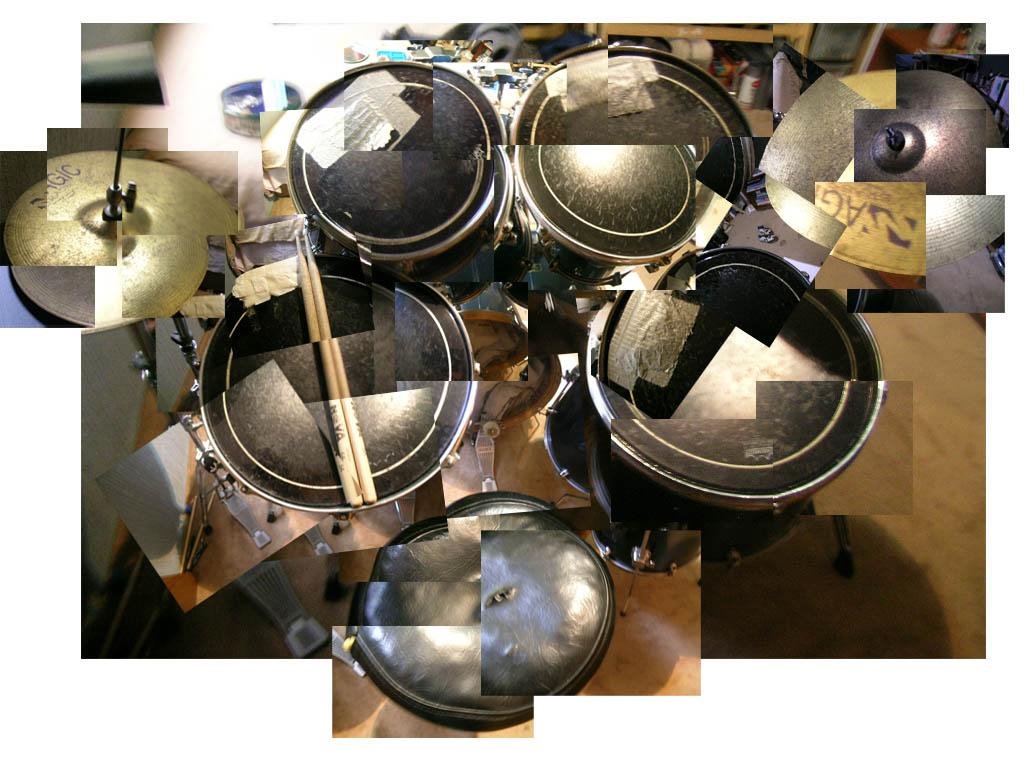many of u have great potential, so my teaching & expectations will suit n be measured with the potential.
the UK drum book that u have is not really a beginner's book (surprise!). Any of you who are able to make it pass "Week 1" in the book, which is until page 47, you might be able to play simple christian songs if you have good listening skills. I'm still developing a method to teach on listening skills as it is not an easy topic & so far I haven't found any materials about it in the market.
so.. students, remember to practice lesson 1-6, and the crash course book, read it too. and practice the techniques of drumsticks by swinging it using the 2 most important fingers, & the other 3 fingers, as i have taught you last sunday.
have a great time practicing! =)
*if u're wondering why your drum teacher was rushing to Church of Praise on the 1st day of group lesson (to reach church early), changing shirt, taking deep breaths.. cos before this i was at jusco tebrau playing drums at late afternoon. =P
Are you able to identify the drum parts? the 1st tom, 2nd tom, bass drum, floor tom? the 3 crash cymbals, 1 splash cymbal and 1 ride cymbal?
*the 2 microphones hanging high above me - to capture the sound of cymbals.



